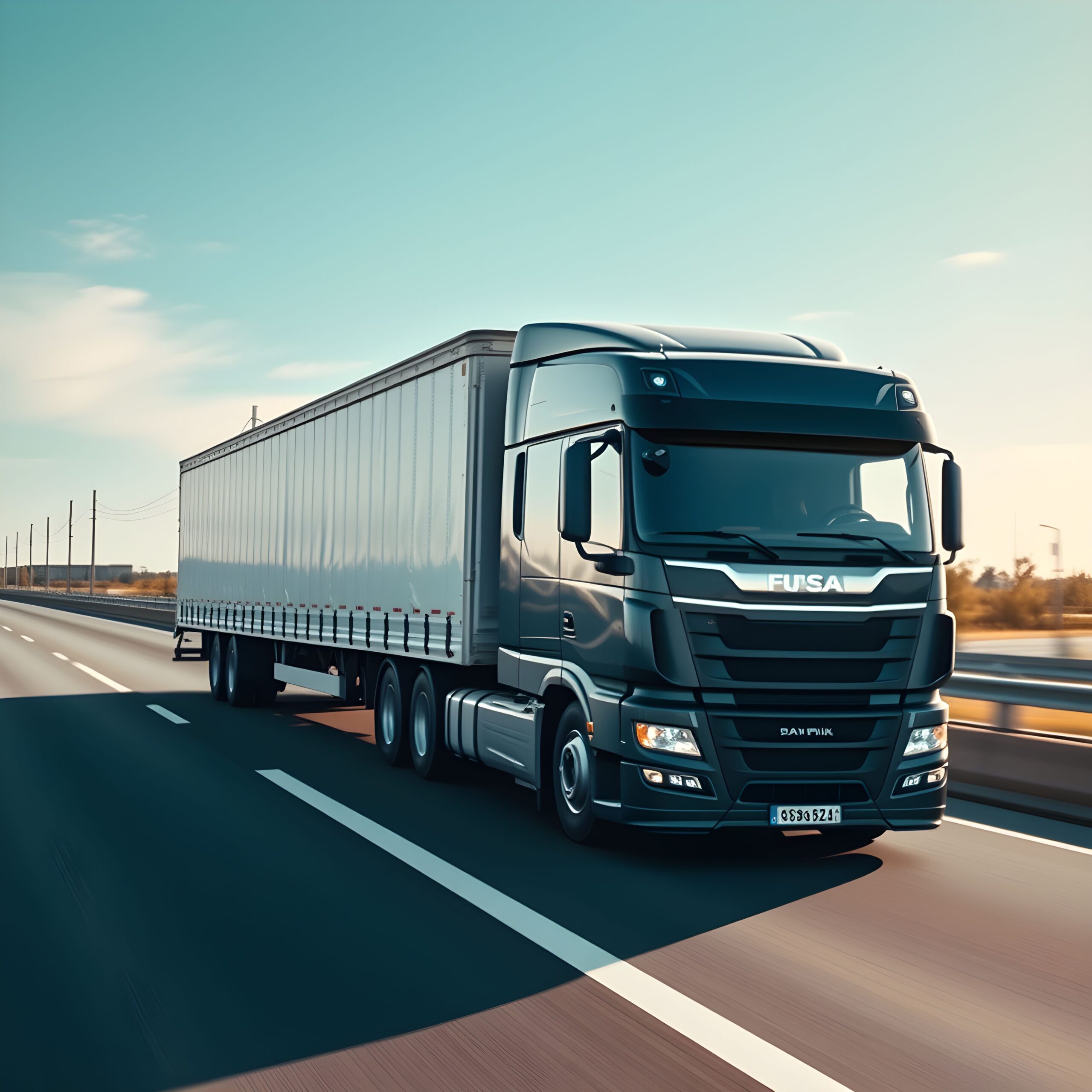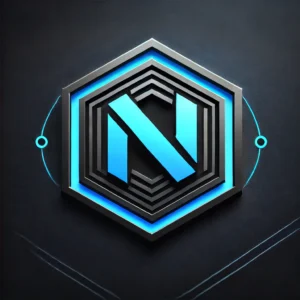Nikola Corporation, once seen as a potential disruptor in the electric vehicle (EV) and hydrogen fuel-cell trucking industry, has officially filed for Chapter 11 bankruptcy protection. This decision follows years of financial struggles, failed promises, and legal controversies that left the company unable to sustain its operations.
Founded in 2014 by Trevor Milton, Nikola aimed to revolutionize the zero-emission trucking industry by offering battery-electric and hydrogen-powered semi-trucks. Despite attracting high-profile investors and briefly surpassing Ford’s market capitalization after its public listing in 2020, the company failed to deliver on its ambitious promises.
Nikola’s troubles began when fraud allegations emerged, particularly after a report by Hindenburg Research in 2020 accused the company of misleading investors. The report highlighted misrepresentations about Nikola’s technology and production capabilities, leading to a sharp decline in its stock price and the resignation of its founder. Subsequent legal battles, financial instability, and the failure to establish a hydrogen refueling infrastructure further eroded the company’s viability.
In February 2025, Nikola finally filed for Chapter 11 bankruptcy protection, signaling the end of its independent operations. This article provides a comprehensive look at Nikola’s rise, its struggles, and the factors that ultimately led to its bankruptcy.
Nikola’s Rise: The Hype and the High Expectations
A Visionary Beginning with Hydrogen-Powered Trucks
Nikola started with the vision of creating hydrogen fuel-cell and battery-electric semi-trucks designed to offer a clean alternative to diesel-powered freight vehicles. Unlike Tesla and other EV makers, Nikola focused on hydrogen technology, aiming to build an extensive network of refueling stations that would support long-haul trucking.
Hydrogen fuel-cell technology was considered promising because it offered longer ranges and faster refueling times compared to battery-electric vehicles (BEVs). Nikola announced multiple prototypes, including the Nikola One, Nikola Two, and Nikola Tre, which were expected to revolutionize the logistics industry.
Investor Excitement and Public Listing
Nikola went public in June 2020 through a SPAC (Special Purpose Acquisition Company) merger, leading to a meteoric rise in its stock price. Investors were drawn to Nikola’s clean-energy vision, and its valuation surged to $30 billion, briefly surpassing that of established automakers like Ford.
Key partnerships with General Motors (GM) and other industry players added credibility to Nikola’s plans. The company also announced ambitious projects like the Badger, an electric pickup truck that was supposed to rival Tesla’s Cybertruck. However, despite the enthusiasm, Nikola had no vehicles in mass production, raising concerns about its ability to deliver.
Hindenburg Report and the Fraud Allegations
In September 2020, Hindenburg Research published a damning report accusing Nikola of fraud. The report claimed that:
- Nikola had staged a promotional video showing a truck rolling downhill to create the illusion that it was self-powered.
- The company had misled investors about its hydrogen technology, exaggerating the progress of its refueling infrastructure.
- Nikola’s core technology, including its battery and hydrogen fuel cell development, was largely outsourced and not proprietary.
Following the release of this report, Nikola’s stock plummeted, losing over 90% of its peak value. Founder Trevor Milton resigned as CEO but was later convicted of securities fraud, further damaging Nikola’s reputation.
Despite attempts to recover, the company struggled to regain investor trust. With legal battles draining its resources, Nikola faced increasing financial difficulties.
Nikola’s Financial Struggles and Failed Business Model
High Cash Burn and Operational Costs
Nikola faced persistent financial issues due to high research and development (R&D) costs, a lack of revenue, and delays in production. Developing hydrogen fuel-cell trucks is significantly more expensive than producing battery-electric vehicles, and Nikola struggled to secure the funding necessary for large-scale production.
By 2024, the company was running out of cash. Despite multiple rounds of fundraising, Nikola’s operational costs continued to rise, and the company was unable to achieve profitability.
Lack of Hydrogen Refueling Infrastructure
One of Nikola’s biggest promises was the creation of a nationwide hydrogen refueling network to support its fuel-cell trucks. However, this plan never materialized due to high costs and logistical challenges.
- Building hydrogen refueling stations required billions of dollars in investment.
- The cost of hydrogen production remained prohibitively high, making it difficult to compete with battery-electric alternatives.
- Government subsidies and industry trends favored battery-electric vehicles over hydrogen, leading to decreased demand for Nikola’s trucks.
Without a proper hydrogen infrastructure, Nikola’s trucks had limited real-world usability, reducing the appeal of its technology to customers.
Failure to Compete with Tesla and Other EV Makers
As Nikola struggled with hydrogen, the battery-electric truck market was advancing rapidly. Companies like Tesla, Volvo, and Daimler were already producing scalable and cost-effective electric trucks, leaving Nikola behind.
Nikola attempted to pivot to battery-electric trucks, but the company lacked the resources and experience to compete effectively. With increasing supply chain issues and delays in delivering its promised vehicles, Nikola’s market share continued to shrink.
The Road to Bankruptcy: Nikola’s Final Years
Stock Decline and Investor Exodus
Following the fraud allegations, Nikola’s stock price collapsed from over $60 per share to under $2, erasing billions in investor value. Many early investors exited the company, and Nikola struggled to attract new funding.
The failure to secure additional investments meant Nikola couldn’t sustain its operations, leading to layoffs, production cuts, and canceled projects.
Mounting Legal Troubles and Financial Liabilities
Trevor Milton’s legal issues added to Nikola’s troubles. In 2023, Milton was convicted of securities fraud, and the company was forced to pay settlements to defrauded investors. These financial liabilities further weakened Nikola’s position.
The Final Blow: Filing for Chapter 11 Bankruptcy
By February 2025, Nikola had exhausted all options. With mounting debts, declining demand, and an inability to secure further funding, the company filed for Chapter 11 bankruptcy protection.
This decision allows Nikola to restructure its debts and liquidate assets, marking the end of its journey as an independent EV maker. The bankruptcy filing includes:
- An attempt to sell off remaining assets, including any intellectual property and production facilities.
- A wind-down of operations, with potential buyouts from other companies.
- Possible legal battles over remaining debts and investor claims.
Lessons from Nikola’s Collapse
Nikola’s rise and fall highlight the challenges and risks of the EV industry, particularly for startups with ambitious but unproven technologies. The company’s failure can be attributed to:
- Overpromising and underdelivering – Nikola made grand claims without having the technology to back them up.
- Financial mismanagement – The company burned through billions without achieving sustainable production.
- Legal controversies – Fraud allegations and legal battles destroyed investor confidence.
- Market misalignment – Nikola’s focus on hydrogen fuel cells was costly and impractical compared to battery-electric alternatives.
- Fierce competition – Tesla, Volvo, and Daimler outpaced Nikola in producing viable electric trucks.
Nikola’s bankruptcy marks the end of one of the biggest EV industry failures in recent years. While hydrogen fuel-cell technology still has potential, Nikola’s case serves as a warning to investors and startups about the importance of realistic business models, financial transparency, and technological feasibility.
Feel free to check out our other website at : https://scoremaxed.com/













